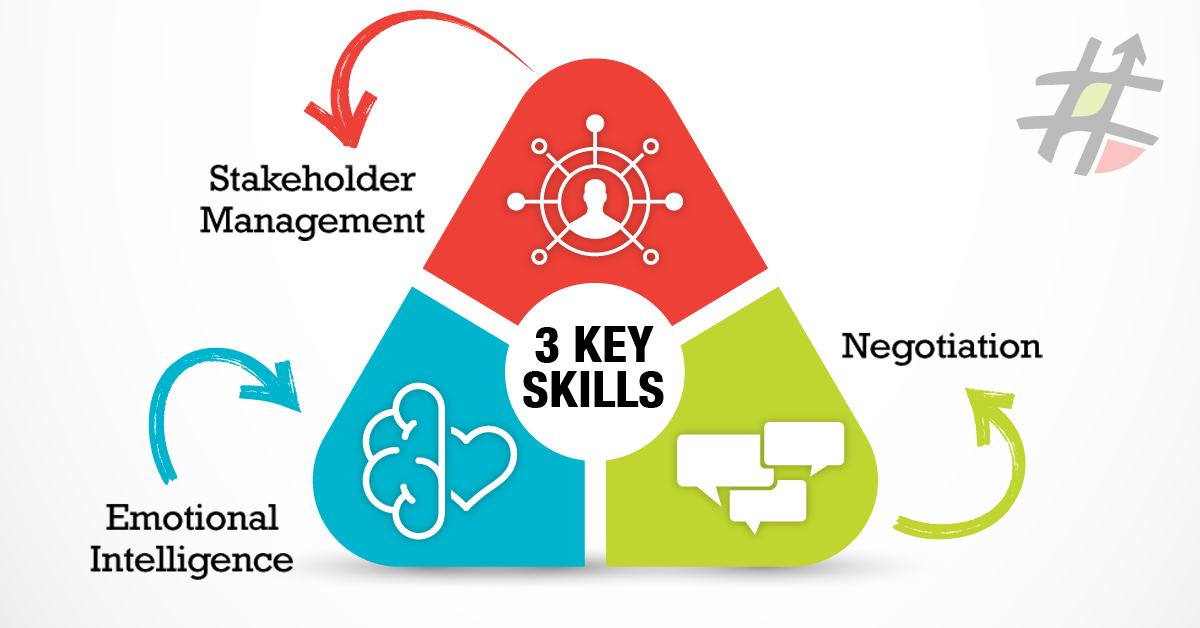Want Responsible and Resilient Supply Chains? Wise Negotiation is the Key

Let’s be blunt. Negotiating with large enterprises is not the same as negotiating with small businesses. More specifically, we cannot apply the same risk management standards to a small company that we can to a larger one. It’s a pickle, because we want small businesses to be a part of our supply…
Read more.
















